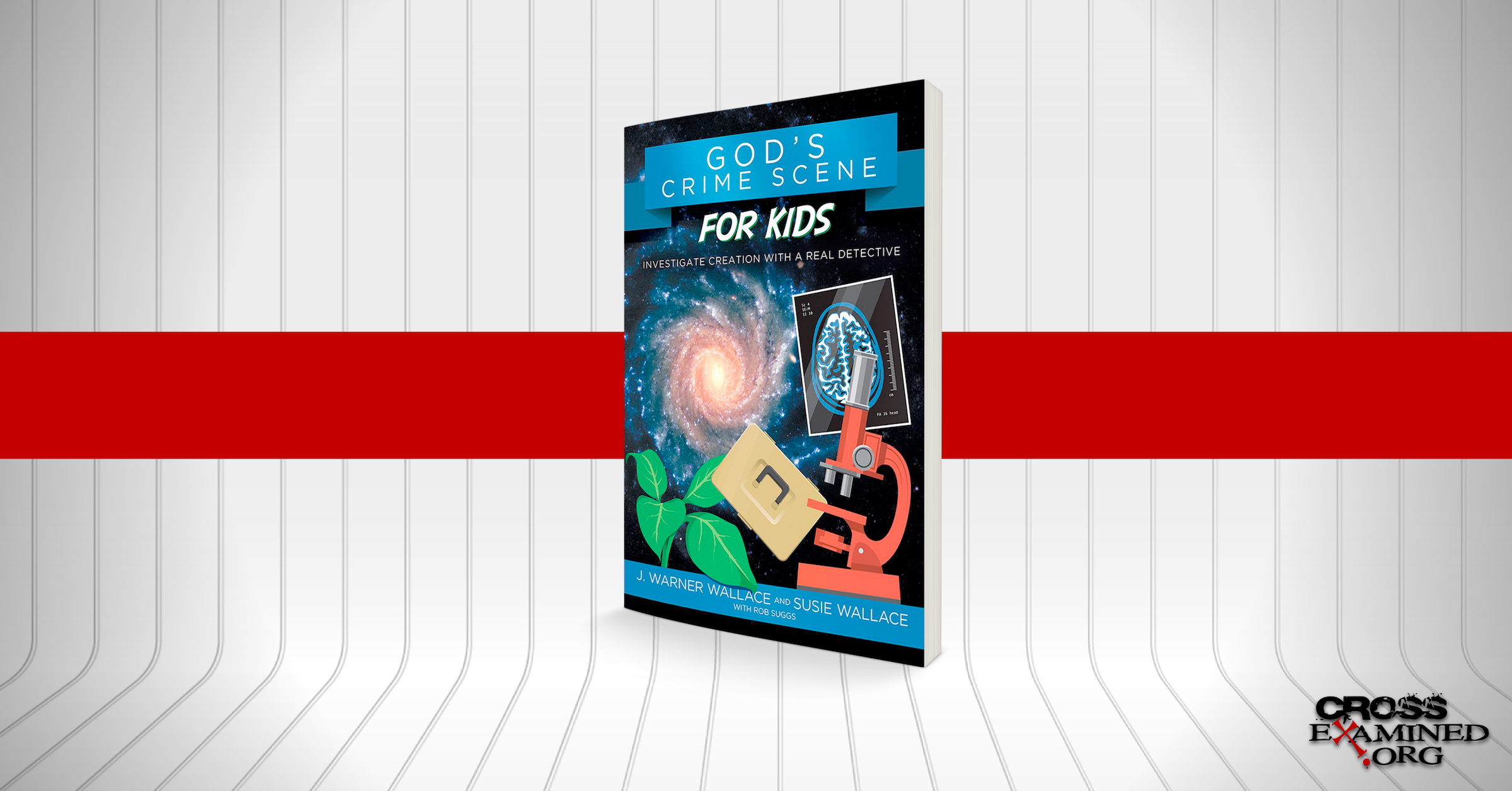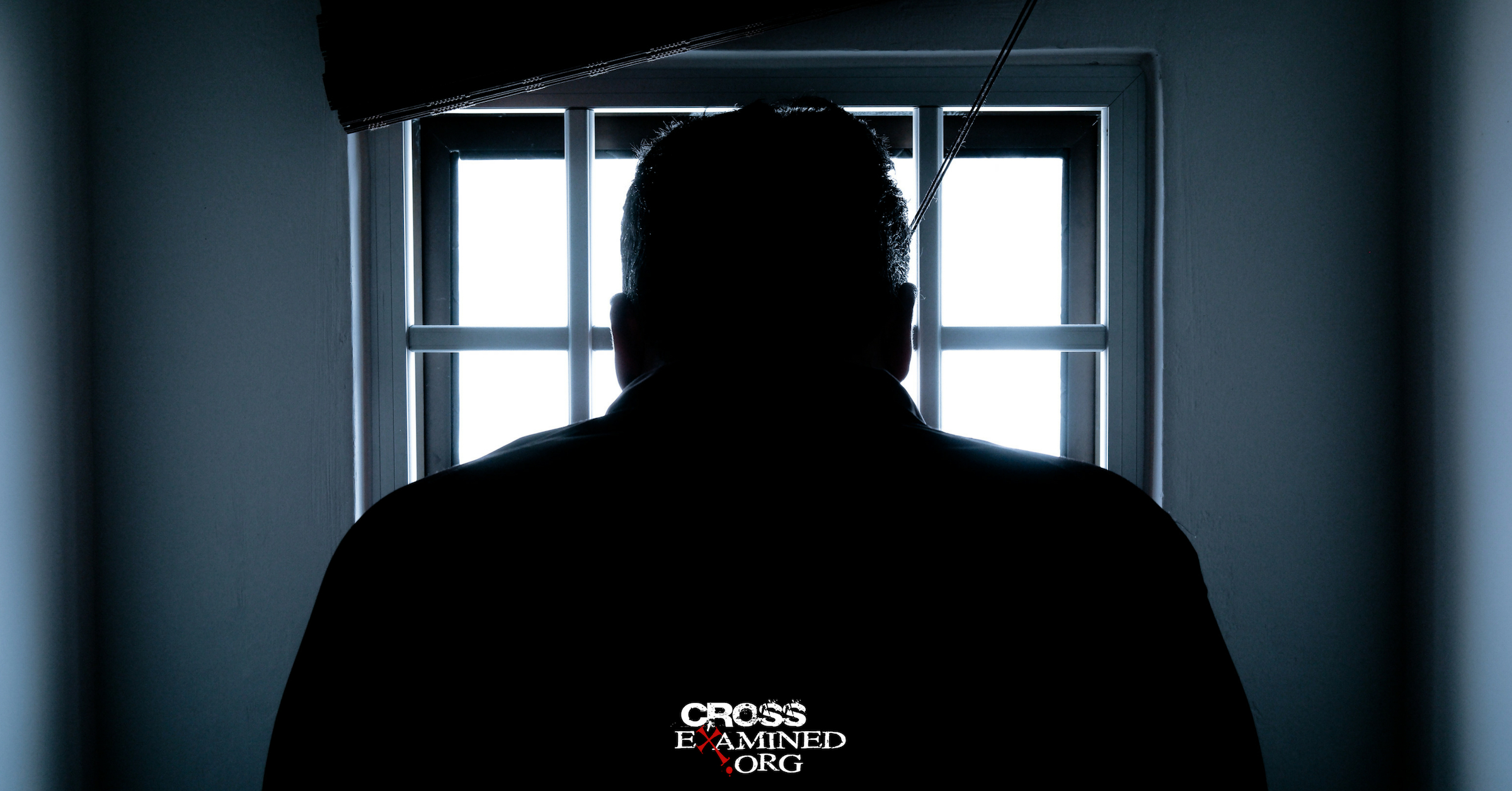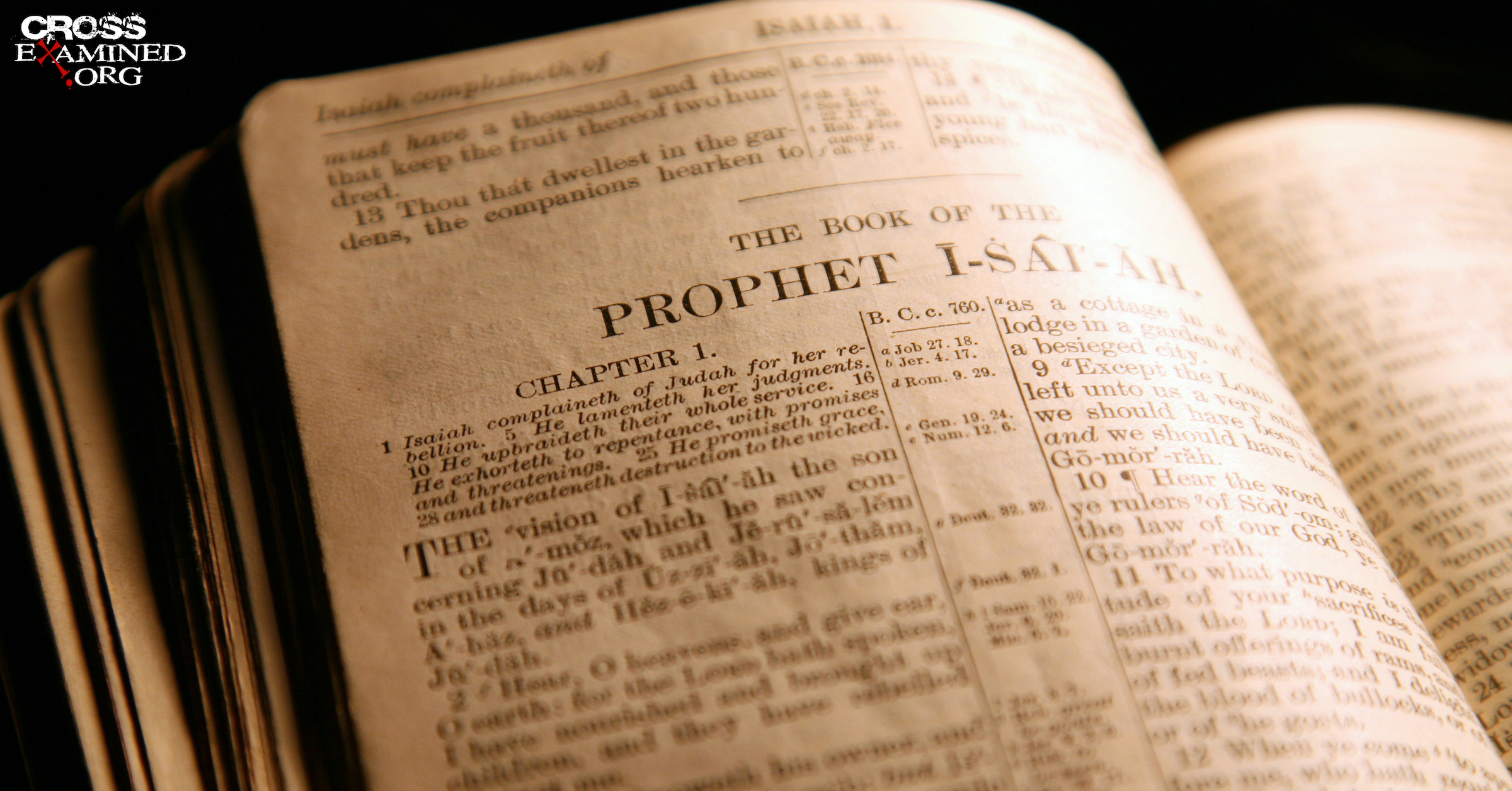By Jacobus Erasmus
In 2016, Jeffery Jay Lowder[1] debated Frank Turek on the topic Naturalism vs theism. See here:
In early 2017, I wrote two articles in which I assess Lowder’s opening statement (see here and here). It was brought to my attention that Lowder recently made some comments to my assessment (see the comment section here).

I do not usually respond to comments on blogs because (1) it takes too much of my time and (2) I think that my responses will not change many minds. Nevertheless, occasionally it seems worthwhile to make such a response. I wish to take the opportunity in this post to make some remarks about Lowder’s comments in order to remind us how to engage with those that disagree with us. Let me begin by making some general remarks about how (I think) we should engage with an opponent.[2]
First, we should occasionally remind our opponent that we are not criticizing them but a specific view or argument. This implies that we should not attack our opponent personally, that is to say, we should not criticize their personal attributes, such as character, appearance, intelligence, or moral standards. Of course, nor should we physically attack our opponent, nor throw stuff at them, nor give them a wedgie[3] (you get the point). However, it is important to (now and then) make it clear to our opponent that we are not criticizing them even if they attack us personally.
Second, we should occasionally remind our opponent that we value them. As Christians, we believe that every person is created in God’s image and, thus, has tremendous value and worth (Genesis 1:26). This implies that we should treat our opponent with respect and in such a way that they can see we value them. We should not, of course, treat our opponent as if they are less valuable than us; for example, do not talk to your opponent as if they were an earthworm, or blob, or ogre. Furthermore, we should occasionally tell our opponent that we value them as this act shows that we value them. Doing so would also give our opponent an ‘awww-how-nice-of-you’ feeling. I, for one, would feel very warm in my heart if my opponent told me that they value me (I might even give them a hug, but a man hugs, of course).[4]
Moreover, if we truly value our opponent, then we will defend them when relevant. For example, if somebody attacks Lowder personally, and if I am aware of it or in the vicinity, I will defend Lowder. I will be very angry with Lowder’s attacker and I might even give them a wedgie. So, Lowder, if you are reading this, please know that I value you!
Finally, we should occasionally ask our opponent to be patient with us. We all make mistakes and no one is perfect. Thus, it will be beneficial if we remind ourselves that we are not an inerrant, unique snowflake that the world revolves around. And then, once we are humbled, we should ask our opponent to please be patient with us as we interact with them because we might make a blunder here and there. If we do this, then perhaps our opponent will have more respect towards us.
Now, with those general remarks out of the way, let us look at Lowder’s comments. On Sunday, December 30, 2018, 11:04 PM,[5] a person with the username (or real name?) Bogdan Taranu[6] made the following comment to Lowder’s post:
I don’t know if you’re aware of this but Jacobus Erasmus over at Free Thinking Ministries critiqued the case for Naturalism you made during your debate with Turek in a two-part analysis. This was back in 2017. The relevant links are at the end of this comment.
The part I found most interesting is about your claim that Naturalism is intrinsically more probable than Theism. Basically, there are two types of modesty: linguistic and ontological. The former is about the number of claims a hypothesis asserts, while the latter is about the number of entities a hypothesis asserts (a hypothesis is more modest than another if the former asserts the existence of fewer entities – objects, events, properties – than the latter). Linguistic modesty seems to allow one to rig the process of inference to the best explanation.” More to the point linguistic modesty allows us to „define our hypotheses such that they make as many assertions as we want, and then we can choose as the most modest the hypothesis that makes the least number of claims”. This means the theist can say that Theism asserts only that “God exists” while holding that Naturalism asserts several things – thus making Theism more modest than Naturalism.
I would like to know what you think about the above criticism…
Lowder then posted several comments in response to Bogdan. Let us look at them piece by piece. Lowder says,
I’m flattered he found the opening statement worthy of a detailed reply.
Here is a good lesson for all of us: If someone writes a detailed response to your argument, that does not necessarily mean that your argument is, or that they think it is, worthy of a detailed response. In many cases, it is not the argument per se but, rather, the splash or effect generated by the argument that justifies one writing a response to the argument. Consider, for example, some of Richard Dawkins’ objections to theism. His objections are so bad that I (as well as several other scholars) feel embarrassed for Dawkins.[7] His objections are not worthy of a detailed reply. Nevertheless, the influence of his arguments does seem to justify the responses that scholars have offered since many laypersons get moved by the emotional tone of Dawkins and fail to see his reasoning errors.
However, Lowder’s opening statement is worthy of a detailed reply. Lowder is no Dawkins. Indeed, I wish that Lowder had Dawkins’ prominence as Lowder is far more reasonable than Dawkins.
Lowder continues,
It will come as no surprise to anyone that I disagree with him on virtually every point, but more important is the fact that I don’t consider his point about “linguistic modesty” to be an accurate or even charitable representation of my argument.
When we say that someone does not offer a charitable interpretation of an argument, we usually (and should) mean that they have not offered a lenient or tolerant interpretation of the argument. For example, suppose that some sentence is ambiguous and could be read in either a strong, reasonable sense or in a weak, unreasonable sense. A charitable interpretation would be to understand the sentence in the strong, reasonable sense. Lowder, then, is accusing me of not being charitable or accurate in representing his argument. Fair enough. But why, exactly, am I being uncharitable? Lowder continues,
In fact, my points about coherence and modesty show that naturalism (as I have defined it) and supernaturalism (as I have defined it), are equally ontologically modest, whereas theism (as I have defined it) is ontologically less modest than naturalism.
This does not explain how, exactly, I am being uncharitable. We are not talking about how Lowder defines naturalism, supernaturalism, and theism but, rather, with his definition of ‘intrinsic probability’ and ‘modesty’ as these are the definitions he relies on to argue that naturalism is more intrinsically probable than theism. Now, in his opening statement, Lowder explains that the ‘intrinsic probability of a hypothesis is determined entirely by its modesty and coherence’. And what does he mean by ‘modesty’?
Intrinsic probability is determined by modesty, coherence, and nothing else. By “modesty,” I mean a measure of how much the hypothesis asserts. The more a hypothesis claims, the more ways there are for it to be false and so, before we start looking at the evidence, the less likely it is to be true.
Now, I interpret the above quote as talking about linguistic modest, which refers to the number of claims (or propositions) a hypothesis asserts. Am I being uncharitable here? I do not think so. I cannot see how else to interpret the quote.
Lowder continues in his recent comments,
I think he’s barking up the wrong tree.
Is this not a cute saying? Barking up the wrong tree! Nice. Let us see if I can use this saying somewhere later in this post. He continues,
If I were trying to defend theism (or Christian theism) against my opening statement, I would concede the first contention (from my opening statement), but try to minimize the impact of the point about intrinsic probability by arguing that theism is not significantly less intrinsically probable than supernaturalism and/or argue that the evidence favoring theism over naturalism “swamps” its intrinsic improbability.
I sure hope that Lowder would one day be defending Christian theism. We could surely use someone as articulate as him on our side! Lowder, please, please, come over to our side. Lowder continues,
I stand by what I wrote: I don’t think Erasmus has accurately or even charitably represented my view. Here is one of many examples. He writes: “Since naturalism is the view that physical reality is all that exists…” Except that is precisely NOT how I defined naturalism in my opening statement. I understand that many naturalists do define naturalism in that way, which is why I spent precious speaking time in my opening statement to offer nuanced definitions of my terms. And in every speech after my opening statement, I made it very clear that I was NOT defending the view that physical reality is all that exists.
Uhh, so there is a section in my post in which I use the term ‘naturalism’ slightly different to how Lowder defined the term. Why did I do this? I am not sure. After re-reading my post, I think I just made a mistake. The important point, however, is that the meaning of my paragraph does not change when I use Lowder’s definition. My paragraph would then read as follows:
“Since naturalism is the view that the physical exists and, if the mental exists, the physical explains why the mental exists, most versions of naturalism affirm that physical reality is eternal in that either (i) there exists one universe that has existed for an infinite number of events, or (ii) there exists a multiverse that comprises an infinite number of universes.”
Indeed, we can even leave that part of the sentence out, as it does not seem to be relevant to my argument:
“Most versions of naturalism affirm that physical reality is eternal in that either (i) there exists one universe that has existed for an infinite number of events, or (ii) there exists a multiverse that comprises an infinite number of universes.”
I think Lowder is barking up the wrong tree (huh, I used the saying. Lowder, you have to give me credit for this at least). He is focusing on my definition of naturalism when he should be focusing on the central point or argument that I am making. Lowder continues,
I will leave it as an exercise for the reader to determine why Erasmus has failed to show that theism is more modest than naturalism.
But I am the reader, and I cannot see where I went wrong here? He continues,
Here’s another example of where I think Erasmus is being quite uncharitable. He writes: “Indeed, it seems to me that theism wins here. Since naturalism is the view that physical reality is all that exists, most versions of naturalism affirm that physical reality is eternal in that either (i) there exists one universe that has existed for an infinite number of events, or (ii) there exists a multiverse that comprises an infinite number of universes. Either way, this version of naturalism asserts the existence of an infinite number of events or universes.” This is doubly uncharitable. First, he’s attempting to measure the intrinsic probability of one hypothesis, naturalism, by measuring the intrinsic probability of that hypothesis conjoined with an auxiliary hypothesis–his (i) or (ii). But that’s an apples to apples-plus-oranges comparison.
Lowder sure likes to use the word ‘uncharitable’. However, once again, I cannot see how I am being uncharitable. I think it is clear in my paragraph that I am talking about some versions of naturalism, not conjoined hypotheses. I have spoken to naturalists who claim that physical reality is all that exists, and when asked what they mean by ‘physical reality’, they refer to an infinite (or at least very large) multiverse. Others define physical reality as an infinitely old universe. These are single hypotheses or versions of naturalism. Moreover, as Lowder acknowledges, a hypothesis can have multiple claims. Thus, I am referring to versions of naturalism that make these claims; they are not hypotheses conjoined with auxiliary hypotheses.
He continues,
Naturalism, as I’ve defined it, isn’t committed to either (i) or (ii). If a naturalist subscribes to either (i) or (ii), then that would be the result of some factor which is extrinsic to the content of naturalism. For example, a scientist, who could be a theist or a naturalist, might posit a multiverse in order to explain such puzzling phenomena as the so-called “cold spot” … But, if they do, they’re appealing to a posteriori information which is by definition irrelevant to intrinsic probability.
Lowder’s bare-bones-super-skinny-desperate-for-flesh definition of naturalism, of course, might not be committed to either (i) or (ii) depending on what he means by ‘physical reality’. However, I was discussing more substantial and (as I see it) common versions of naturalism. As I see it, as soon as a naturalist posits a multiverse or an infinitely old universe, that forms part of their naturalism because it alters their understanding of ‘physical reality’. So, for example, if Lowder believes in a multiverse, then he will understand ‘physical reality’ to include a multiverse and his view of naturalism will affirm a multiverse. Well, this is how I see things anyway. You are free to see things differently.
I will end here. Lowder does make a few more remarks (I believe that what I have already said applies to most of his other remarks) and he might make further comments after this writing (I wrote this early on the 03 January 2018). This was enjoyable and pleasant. I enjoy reading about Lowder’s ideas, and I hope he will be more active on his blog in the future.
Notes
[1] Don’t you just like the name ‘Lowder’? I would not mind having that name. It rolls nicely off the tongue. But I can think of some awkward situations that the name can get you into. For example, since it sounds like ‘louder’, can you imagine someone who is struggling to hear you ask, ‘Please talk louder’?
[2] I readily admit that I have not always followed the advice I present here. I have made mistakes. But I am trying. Moreover, please feel free to disagree with some (or all!) of my remarks. I am simply explaining how I see things.
[3] Definition of wedgie: ‘The condition of having one’s clothing stuck between the buttocks, often from having had one’s pants or underwear pulled up as a prank’ (https://www.wordnik.com/words/wedgie).
[4] What is a ‘man hug’? It is a type of hug that has several characteristics that distinguish it from a normal hug: (1) The hug is performed by a man. (2) While performing the hug, the man tenses or flexes his arm, shoulder, and chest muscles as to not come across as squishy. (3) The hug is performed for a very short duration, usually under one second.
[5] Yes, you should be impressed by my precision.
[6] Let us just agree that the name ‘Bogdan Taranu’ is unusual for us Westerners.
[7] When I say that I feel ‘embarrassed for Dawkins’ I do not mean this in a derogatory or demeaning or belittling sense. Rather, I mean that I truly feel embarrassed or sympathy for him. Let me try to clarify this somewhat. When I watch a Mr. Bean or Johnny English movie, I feel embarrassed for the main character because they do things in the story that I would be too embarrassed to do, and part of me wishes that the character would not have behaved in such a silly manner. It is this same feeling I have towards Dawkins. When I see Dawkins I see Mr. Bean. In fact, I have a suspicion that Dawkins is Mr. Bean undercover.
Jacobus Erasmus (Kobus) Dr. Jacobus Erasmus is the author of the book “The Kalām Cosmological Argument: A Reassessment”. He is currently a researcher at North-West University, South Africa and a computer programmer. He received his Ph.D. in philosophy from North-West University and was awarded the Merit Prize in 2015 by the university’s School of Philosophy for superior performance for his doctoral dissertation. Dr. Erasmus also holds an Honours Degree in IT. His main research interests include Natural Theology, Philosophy of Religion, and Metaphysics. www.JacobusErasmus.com
Original Blog Source: http://bit.ly/2FqYof7











